Restless Legs Syndrome (Clinical)
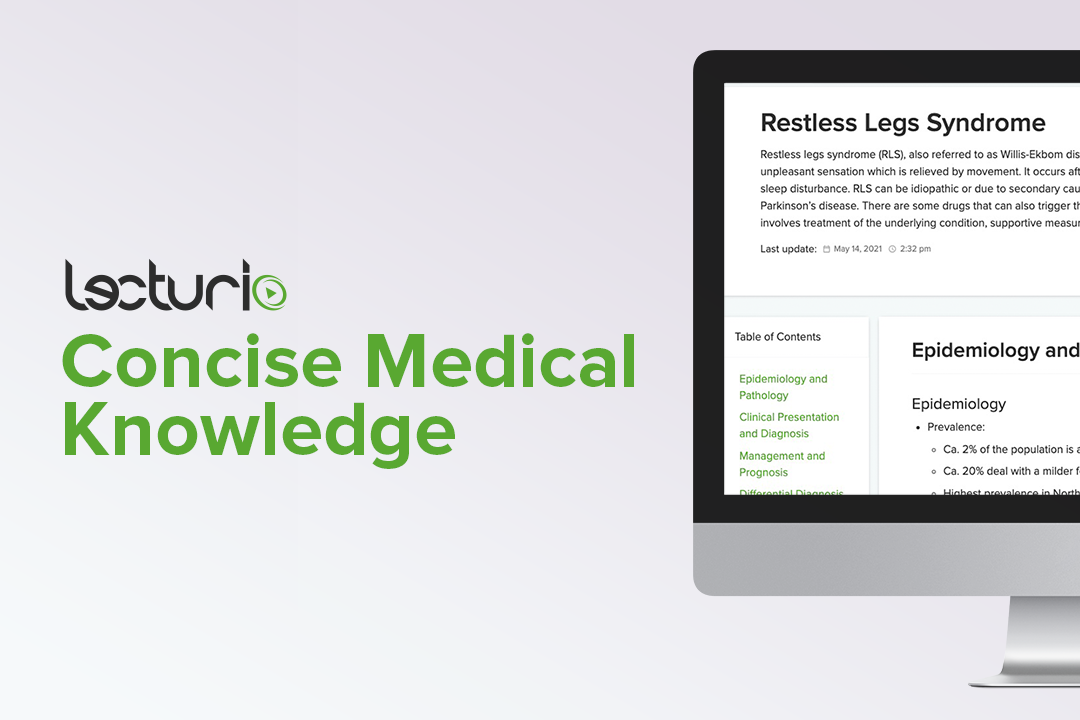
Epidemiology and Pathology Epidemiology[4‒6,8,9] Pathophysiology[4,5,11] The exact pathophysiology of RLS is still under investigation. Although more frequent in advanced age, neurodegenerative processes are not shown to play a role in RLS. Studies have shown some factors causative for or associated with the condition: Clinical Presentation and Diagnosis Clinical presentation[4‒6,8] Diagnostic criteria[7,14] The diagnosis of RLS […]
Gender Dysphoria
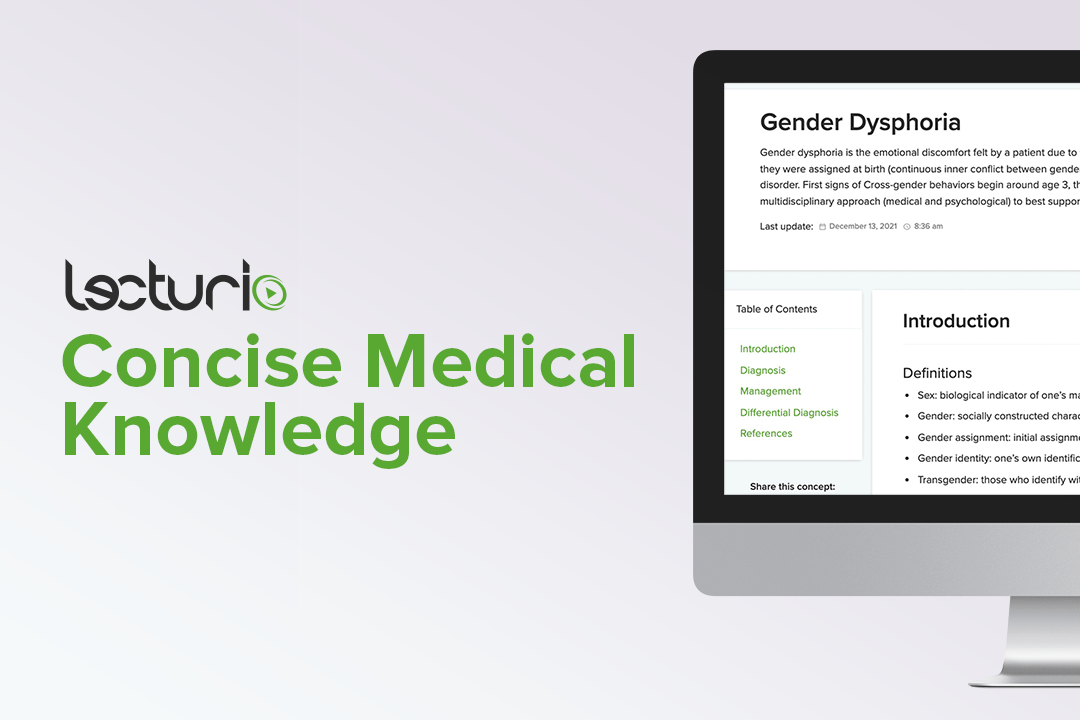
Introduction Definitions Epidemiology Etiology Diagnosis Table: Diagnostic criteria for gender dysphoria Children Adolescents/adults Duration at least 6 months; requires at least 6 of the following criteria Duration at least 6 months; requires at least 2 of the following criteria Desire to be or insistence that one is of another gender (must be present) Incongruence between […]
Psychiatric Assessment
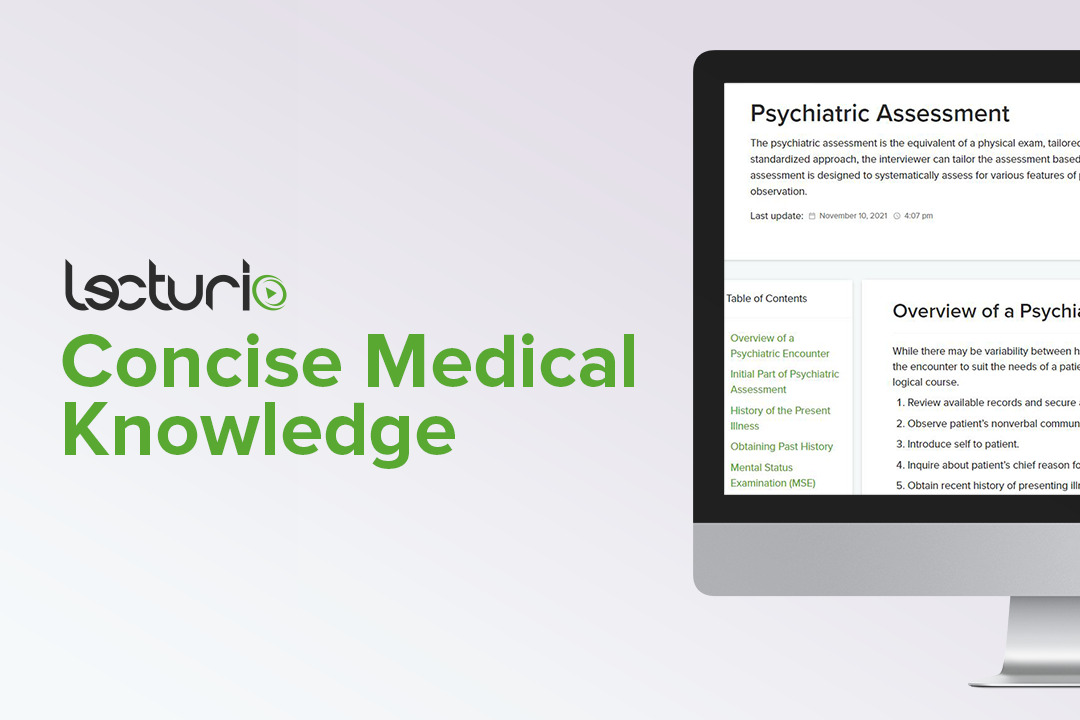
Overview of a Psychiatric Encounter While there may be variability between how different physicians conduct the encounter, and a physician may tailor the encounter to suit the needs of a patient’s diagnosis, the general structure should be reproducible and follow a logical course. Initial Part of Psychiatric Assessment History of the Present Illness Obtaining Past […]
Premenstrual Dysphoric Disorder
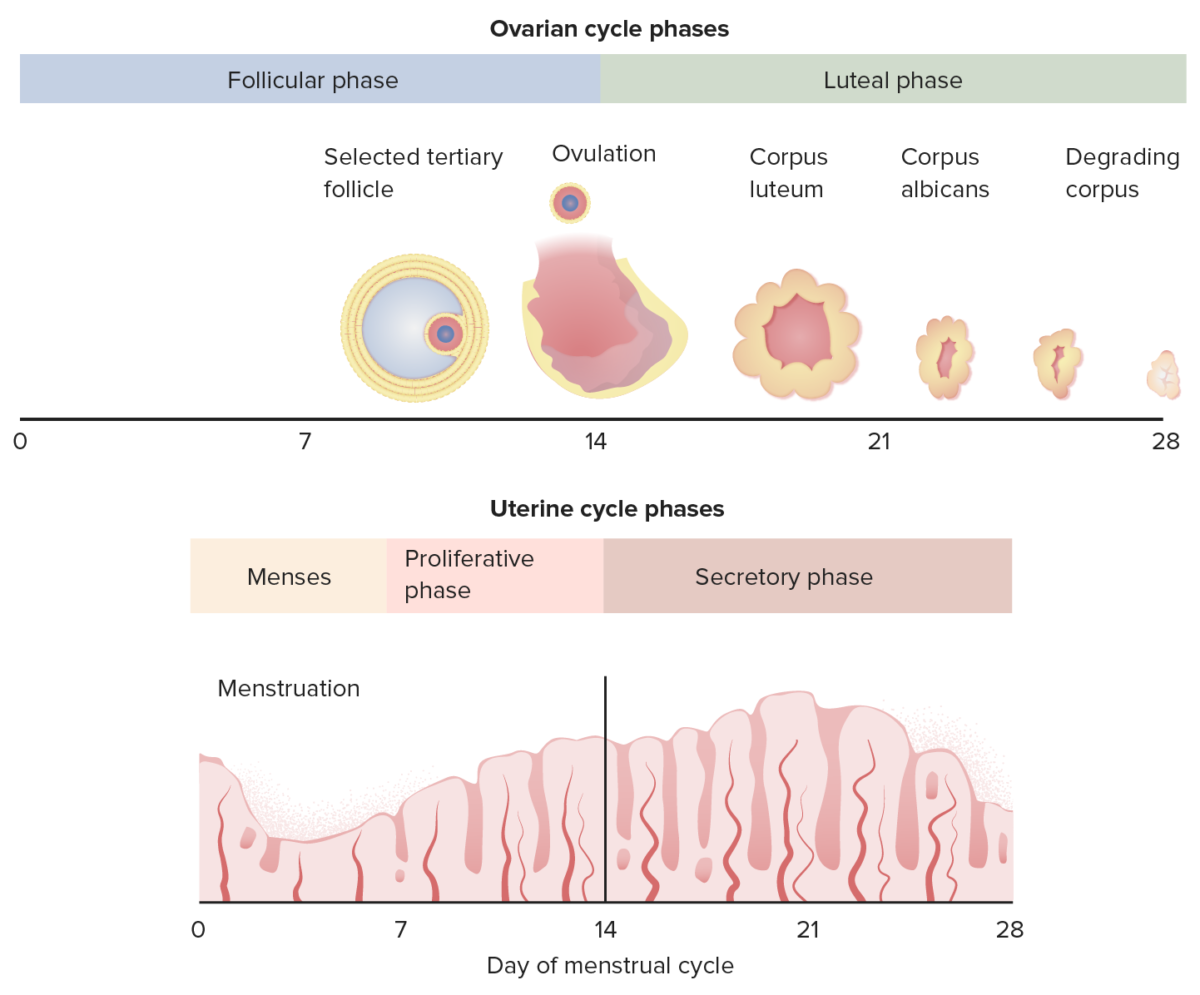
Overview Definition Premenstrual dysphoric disorder (PMDD) is a severe form of premenstrual syndrome (PMS) characterized by a mixture of behavioral, affective, and somatic symptoms that recur with menses. Unlike PMS, PMDD is characterized by symptoms of anger, irritability, and internal tension. Epidemiology Risk factors Pathophysiology Normal physiology The menstrual cycle is divided into 2 hormonally […]
Defense Mechanisms
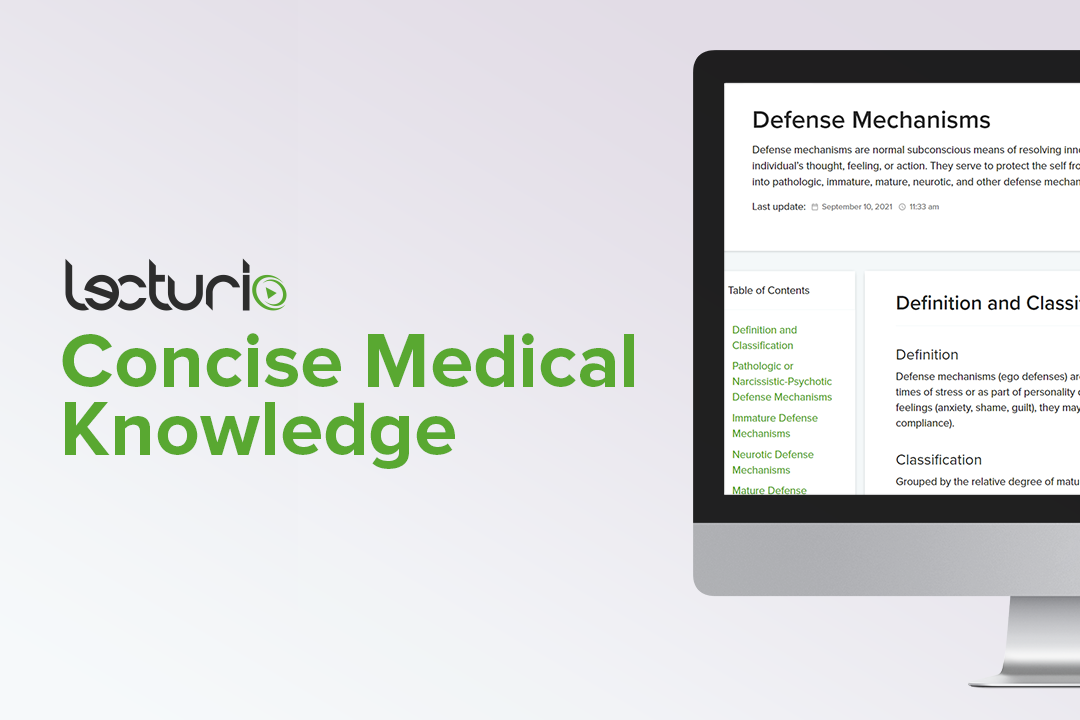
Definition and Classification Definition Defense mechanisms (ego defenses) are subconscious processes that act to protect the ego. Defense mechanisms may be seen in times of stress or as part of personality disorders. While these mechanisms may provide rapid, short-term relief from unpleasant feelings (anxiety, shame, guilt), they may also result in long-term complications (hinder insight, […]
Substance-Related and Addictive Disorders
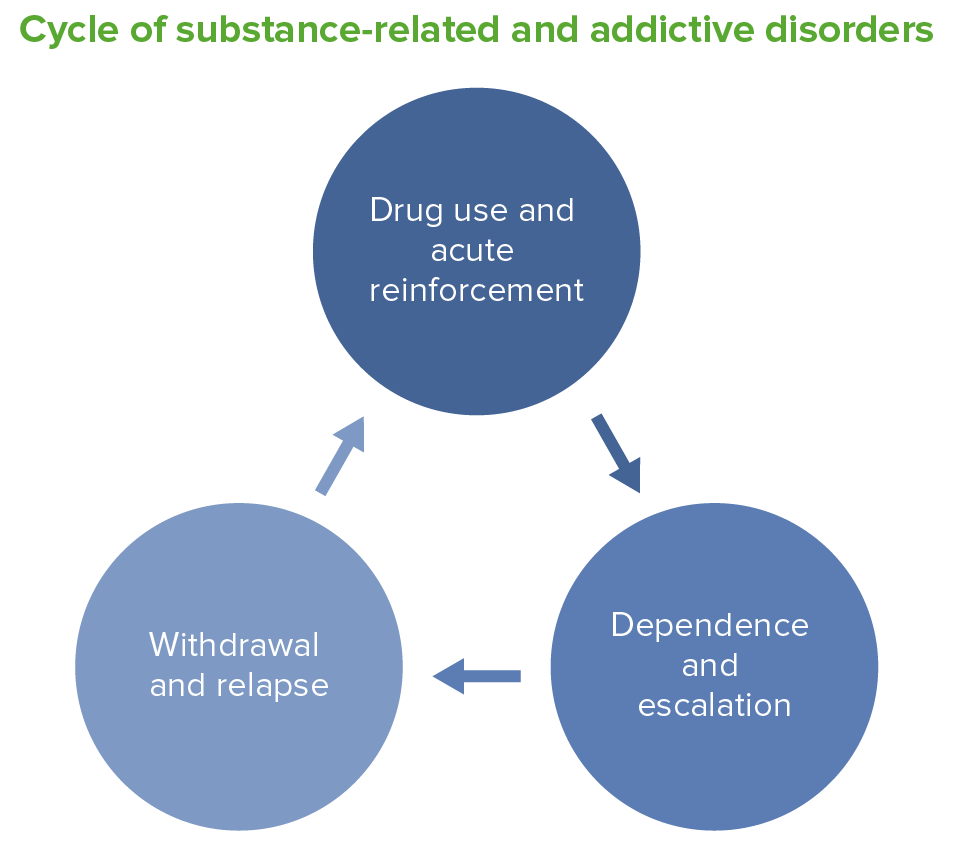
Overview Introduction The DSM-5 (Diagnostic and Statistical Manual of Mental Disorders, 5th edition) Work Group revisions combined abuse and dependence criteria from previous classifications into a single substance use disorder. Definition A substance-related (addictive disorder) is the continued use of a substance despite harmful consequences, including significant impairment to one’s health or relationships or failure […]
Sexual Physiology

Introduction There are 3 ways to determine a person’s biologic sex: Terms Behaviors during sexual development Appropriate: Abnormal: Tanner Stages The Tanner stages is a scale that measures physical/sexual development in children, adolescents, and adults. It involves genitalia in males, breast in females, and pubic hair in both. Table: Tanner stages in females Tanner 1 […]
Alcohol Use Disorder
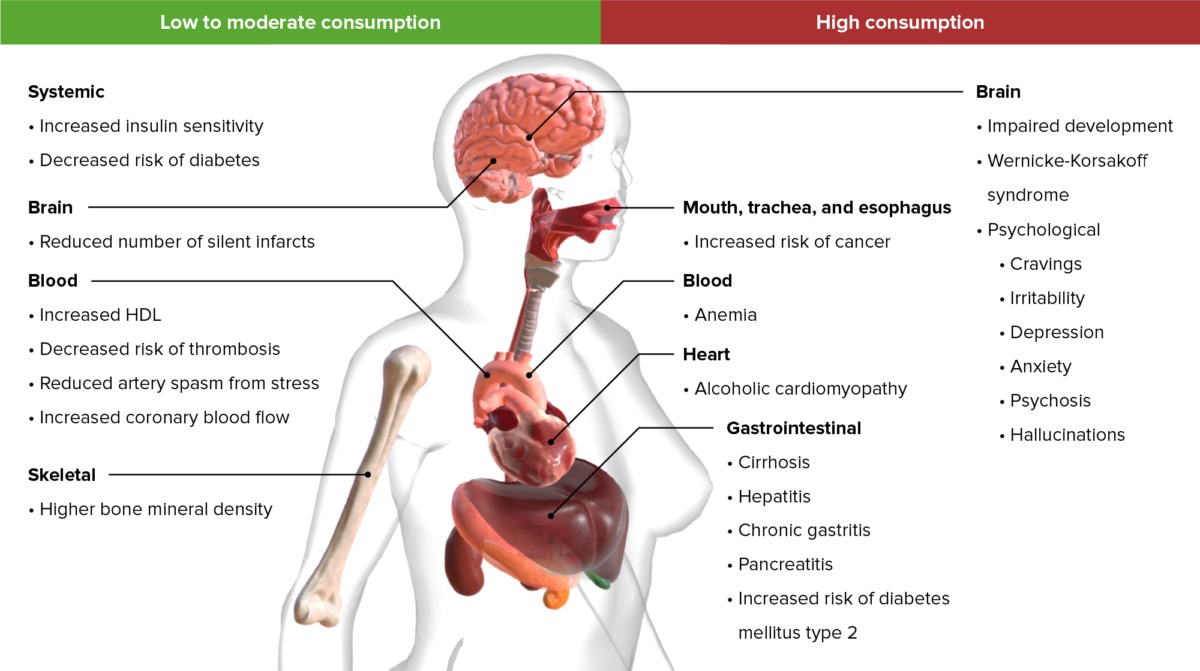
Overview Definition Alcohol use disorder (AUD) is a chronic (> 12 months), problematic pattern of alcohol use causing significant distress. Classification There are varying definitions by different organizations for the classification of alcohol consumption. Epidemiology Pharmacology Biochemistry of ethanol metabolism Other types of alcohol Effects on the body Clinical Presentation and Diagnosis Alcohol intoxication Signs […]
Bipolar Disorder

Overview Definition Bipolar disorder is a psychiatric illness that is characterized by fluctuating periods of elevated mood (mania/hypomania) and periods of low mood (depression). Bipolar disorders are associated with impairments in social, occupational, and cognitive functioning. Epidemiology Pathophysiology The precise etiology of bipolar disorder is unknown, but a complex interaction of different factors is believed […]
Psychotherapy
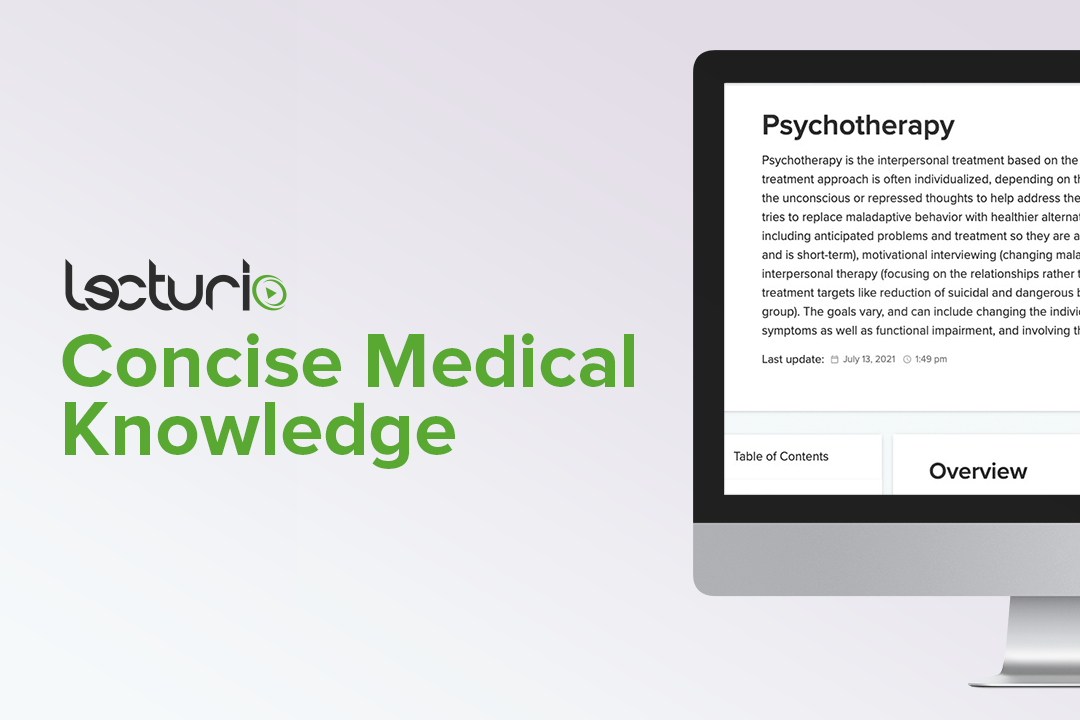
Overview Definition and types Psychotherapy is interpersonal treatment rooted in psychological principles and mechanisms of mental disease. Psychotherapy helps patients identify and diminish adverse feelings and thoughts and develop health-promoting behaviors. Types of psychotherapy: Features of psychotherapy Psychodynamic Therapy Description Concepts in psychodynamic therapy Table: Important processes related to psychodynamic therapy Concept Description Unconscious Thoughts […]